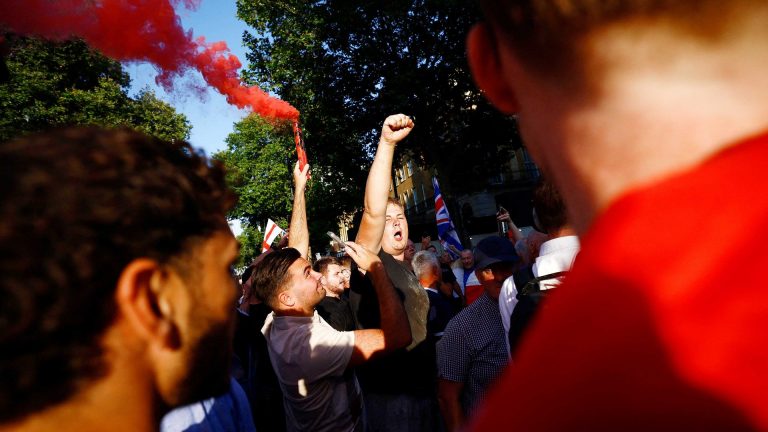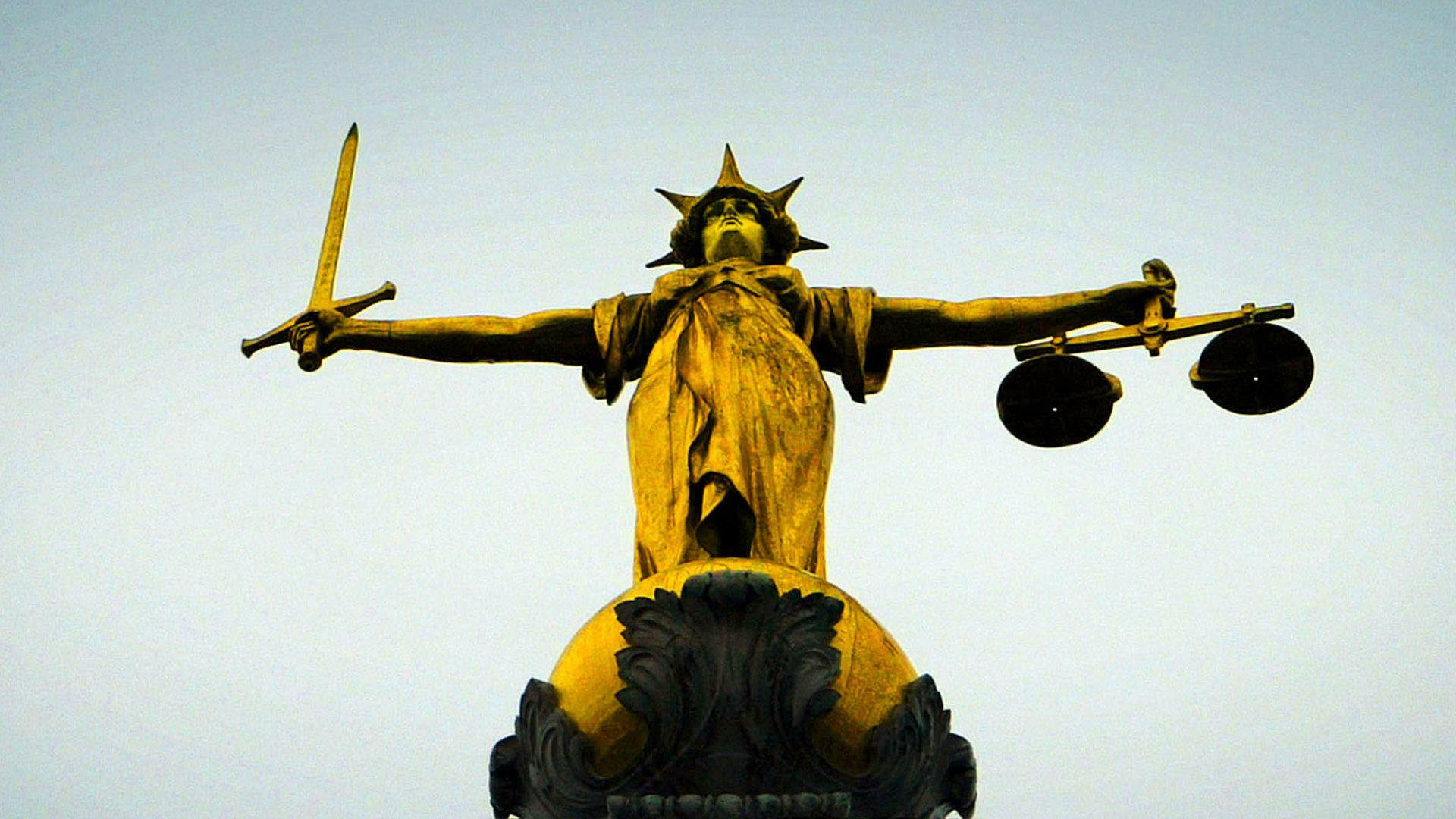When I got the letter calling me to jury service not long after my 18th birthday, I felt like I’d won the lottery. That feeling didn’t last too long, however, as the tactics some of my fellow jury members used to try to generate a consensus took the shine off what I’d idealised as the ultimate citizen’s duty. A number of years later, I watched aghast as the BBC staged a televised rape trial involving two fictional footballers and a jury of celebrities, and comments were thrown around about the dress of the alleged victim, as though it were a relevant consideration for the verdict.
Whether you’re a defendant or a victim, there are a multitude of risks that come with trial by jury. But you don’t have to think about it very hard to understand that there’s no better way of determining whether someone is guilty of a crime, changing their life for ever. Reaching a verdict through deliberation by 12 randomly selected fellow citizens is fair in a way that determination by a judge or magistrate – who are disproportionately older and hail from advantaged groups in society, and who are therefore likely to be at least unconsciously biased – is less fair. It is telling that ethnic minority defendants experience similar conviction rates before juries, whereas their conviction rates in front of magistrates are higher; black women are 22% more likely to be found guilty by magistrates than white women.
Juries will smuggle in social prejudices that exist in society at large, but they are also likely to get challenged by others. Juries are often more likely to include someone with real-world experience of the situations in question – for example, if someone were attacked in a case involving self-defence in a pub.
Jury trials do not come quickly or cheaply, though, and the criminal justice backlog is at a record high. At the start of 2019, there were 33,000 open cases waiting to be heard in the crown court; by the end of 2024, this stood at 75,000. This is partly a product of 15 years of spending cuts that have hit the courts hard; Ministry of Justice funding fell by almost a third between 2008 and 2016, and today its budget is no higher than it was in 2003, despite the fact that government spending has increased by 40% over the same period. Some trials are currently being listed for 2029.
There are other factors: the Covid pandemic slowed the wheels of justice, as did a three-month criminal barrister strike in 2022 in response to legal aid cuts. Advances in technology and science are putting further pressure on the courts; the amount of evidence that prosecutors have to disclose has increased hugely with the advent of smartphones; printing out the data on a 256GB phone would take over 50m sheets of paper. Developments in forensic science can require the presentation of ever more sophisticated evidence to juries involving numerous experts.
This all prompted justice secretary Shabana Mahmood to commission retired judge Sir Brian Leveson to look at how the government can reduce delays. Last week he recommended some uncontroversial reforms, including diverting more offenders from the courts system in the first place, and incentivising those who will end up pleading guilty anyway to do so earlier in the process.
Leveson is clear that these measures, combined with more investment, are not enough; he uses apocalyptic language, saying there is a risk of “total system collapse in the near future” as victims lose faith in the courts to deliver justice and the accused languish in limbo as trials take years to begin. He warns that “little or no consequences for lawlessness could lead to a breakdown in law and order and society taking things into their own hands”.
Suggested Reading


Is this the answer to the immigration question?
By far the most contested part of Leveson’s proposals is to reduce the use of trial by jury. Currently, there are three main classifications of offences: minor “summary” offences, which make up 70% of the total, heard by magistrates; “either way” offences in which a defendant can opt for trial by jury in the crown court, but many of which are heard by magistrates; and the most serious “indictable” offences, which are always heard in the crown court, and involve a jury. More than 90% of all offences are dealt with in the magistrates’ court.
In order to streamline the system, Leveson recommends a new intermediate court, and a presumption that all “either way” cases not heard in the magistrates’ court and with a custodial sentence of less than three years would be heard by a judge and two magistrates, and not involve a jury. He also says that there should be trial by judge alone in serious and complex fraud cases, and in other cases of anticipated exceptional length or complexity.
“I don’t rejoice in these recommendations,” writes Leveson, adding: “justice delayed is justice denied”. But to make such fundamental changes to justice procedures is alarmingly illiberal.
Leveson argues there is no evidence that a judge and two magistrates would reach different outcomes to a jury, and that this mitigates the risks of his reforms. But this fails on two counts: first, if you’re arguing for system change, the burden is on you to provide evidence that the reforms will not have an adverse impact, not to rely on a lack of evidence.
Some of his reassurances – for example, that judges who are not representative of the country at large receive unconscious bias training – come across as naive in the context of what we know about human prejudice and fallibility. Only a randomly selected jury offers the opportunity to judge someone’s guilt in the context of their society’s standards and cultural norms.
Second, justice is not just about reaching the same outcome by a different means: the very process of trial by jury is important for maintaining public confidence in the system.
The single justice procedure provides a cautionary tale of what can result when reforms prioritise efficiency over fairness. This is a fast-track procedure introduced in 2015 for minor offences; it now accounts for the majority of all criminal prosecution. The courts write to an individual with the charge; they have three weeks to respond with a written guilty or not guilty plea.
Cases are heard by a single volunteer magistrate; if an individual pleads guilty or does not respond, a magistrate convicts on the basis of papers alone in a closed hearing. As a result of this process, people have received criminal convictions despite hugely extenuating circumstances, such as the 65-year-old woman convicted of non-payment of her TV licence while she was looking after her brain-damaged son in hospital.
Leveson has proposed a fundamental shift in English justice. Ministers should be wary in the extreme of putting efficiency before due process, but for a government desperate to save cash wherever it can, it seems likely his proposals will be adopted. And the erosion of access to trial by jury may well undermine the rule of law even more than the sustained underfunding of the justice system.




